When it comes to choosing the ideal flooring for your home or commercial space, one common dilemma you may encounter is the choice between ceramic tile and porcelain tile. Both options offer durability, versatility, and aesthetic appeal, but understanding their differences can help you make an informed decision that suits your specific needs. In this article, we will explore the characteristics, benefits, and considerations associated with ceramic and porcelain tile flooring. 1. What are Ceramic Tiles? Ceramic tiles are made from a mixture of clays, minerals, water, and sometimes additional components like color pigments or decorative glazes. These tiles are typically kiln-fired at lower temperatures, which makes them more porous than porcelain tiles. However, advancements in manufacturing technology have led to the production of more dense and hard-wearing ceramic tiles that closely resemble porcelain.
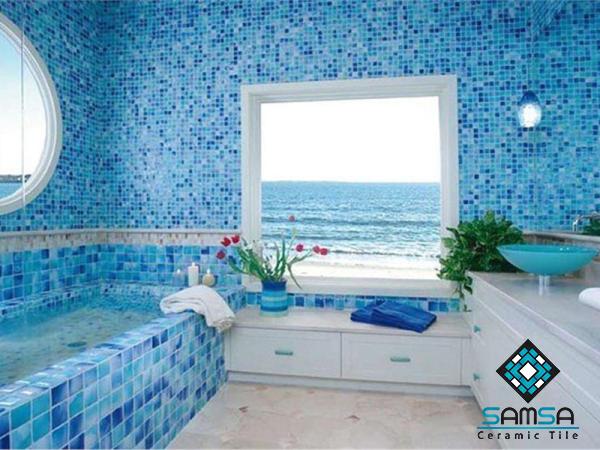
.
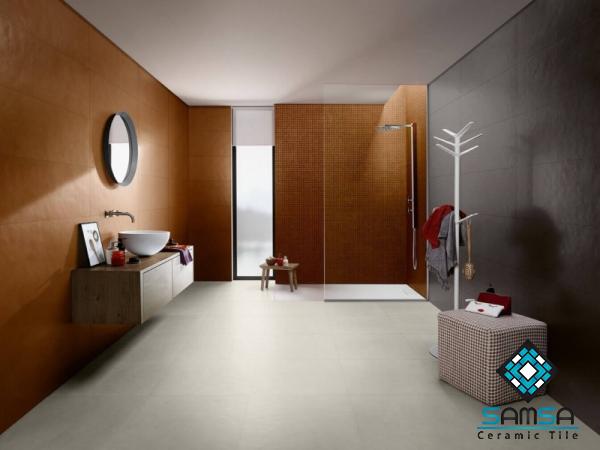 2. Advantages of Ceramic Tile Flooring: – Cost-effectiveness: Ceramic tiles are generally more affordable than porcelain tiles, making them an attractive option for budget-conscious homeowners or businesses. – Wide variety of designs: With an extensive range of colors, patterns, and textures available, ceramic tiles offer endless possibilities for creating unique and personalized spaces. – Easy maintenance: Ceramic tiles are resistant to stains, scratches, and fading, requiring minimal upkeep. Regular sweeping and occasional mopping are typically sufficient to keep them looking pristine. 3. What are Porcelain Tiles? Porcelain tiles are made from denser clay and fired at higher temperatures, resulting in a harder and less porous tile compared to ceramic. This manufacturing process gives porcelain tiles exceptional durability and resistance to moisture, making them ideal for high-traffic areas or spaces prone to water exposure.
2. Advantages of Ceramic Tile Flooring: – Cost-effectiveness: Ceramic tiles are generally more affordable than porcelain tiles, making them an attractive option for budget-conscious homeowners or businesses. – Wide variety of designs: With an extensive range of colors, patterns, and textures available, ceramic tiles offer endless possibilities for creating unique and personalized spaces. – Easy maintenance: Ceramic tiles are resistant to stains, scratches, and fading, requiring minimal upkeep. Regular sweeping and occasional mopping are typically sufficient to keep them looking pristine. 3. What are Porcelain Tiles? Porcelain tiles are made from denser clay and fired at higher temperatures, resulting in a harder and less porous tile compared to ceramic. This manufacturing process gives porcelain tiles exceptional durability and resistance to moisture, making them ideal for high-traffic areas or spaces prone to water exposure.
..
 4. Advantages of Porcelain Tile Flooring: – Outstanding durability: Porcelain tiles are known for their superior strength and resilience, making them suitable for heavy foot traffic, outdoor areas, or commercial environments. – Excellent moisture resistance: Porcelain tiles have a low water absorption rate, which makes them highly resistant to water damage. This characteristic makes them an ideal choice for bathroom floors, kitchens, or areas with high humidity levels. – Enhanced aesthetics: Porcelain tiles can mimic the appearance of natural stone, wood, or other materials while maintaining their durability and practicality. 5. Factors to Consider: – Location and purpose: Consider the intended use of the space when choosing between ceramic and porcelain tiles. High-traffic or moisture-prone areas would benefit more from porcelain’s enhanced durability and water resistance. – Budget: Ceramic tiles are generally more cost-effective, making them a popular choice for projects with budget limitations. However, porcelain tiles may offer greater long-term value due to their longevity.
4. Advantages of Porcelain Tile Flooring: – Outstanding durability: Porcelain tiles are known for their superior strength and resilience, making them suitable for heavy foot traffic, outdoor areas, or commercial environments. – Excellent moisture resistance: Porcelain tiles have a low water absorption rate, which makes them highly resistant to water damage. This characteristic makes them an ideal choice for bathroom floors, kitchens, or areas with high humidity levels. – Enhanced aesthetics: Porcelain tiles can mimic the appearance of natural stone, wood, or other materials while maintaining their durability and practicality. 5. Factors to Consider: – Location and purpose: Consider the intended use of the space when choosing between ceramic and porcelain tiles. High-traffic or moisture-prone areas would benefit more from porcelain’s enhanced durability and water resistance. – Budget: Ceramic tiles are generally more cost-effective, making them a popular choice for projects with budget limitations. However, porcelain tiles may offer greater long-term value due to their longevity.
…
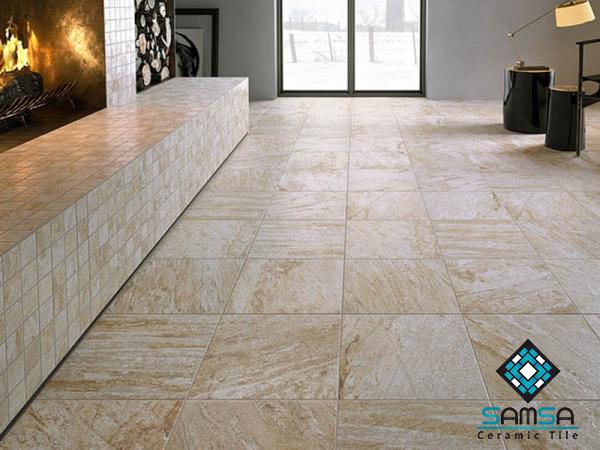 – Maintenance and installation: While both types of tiles are relatively easy to maintain, consider your willingness to seal grout lines if you choose ceramic, as they are more porous compared to porcelain. Conclusion: Choosing between ceramic and porcelain tiles ultimately depends on your specific needs, budget, and aesthetic preferences. Ceramic tiles offer versatility and cost-effectiveness, while porcelain tiles provide exceptional durability and moisture resistance. By carefully considering these factors, you can make an informed decision that will result in a functional and visually appealing flooring solution for your space. Whether you opt for the affordability of ceramic or the longevity of porcelain, your choice will undoubtedly elevate the overall ambiance of your home or business.
– Maintenance and installation: While both types of tiles are relatively easy to maintain, consider your willingness to seal grout lines if you choose ceramic, as they are more porous compared to porcelain. Conclusion: Choosing between ceramic and porcelain tiles ultimately depends on your specific needs, budget, and aesthetic preferences. Ceramic tiles offer versatility and cost-effectiveness, while porcelain tiles provide exceptional durability and moisture resistance. By carefully considering these factors, you can make an informed decision that will result in a functional and visually appealing flooring solution for your space. Whether you opt for the affordability of ceramic or the longevity of porcelain, your choice will undoubtedly elevate the overall ambiance of your home or business.
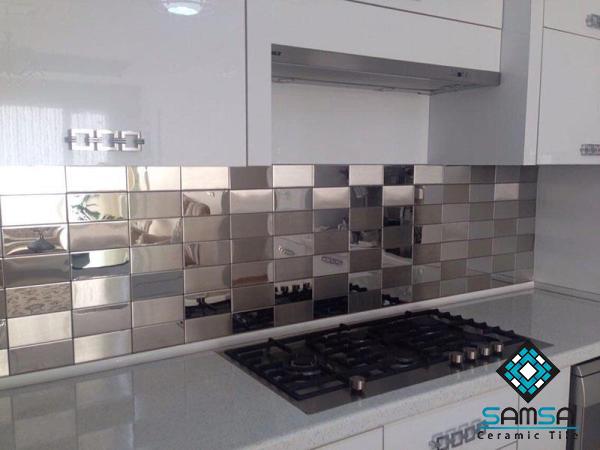
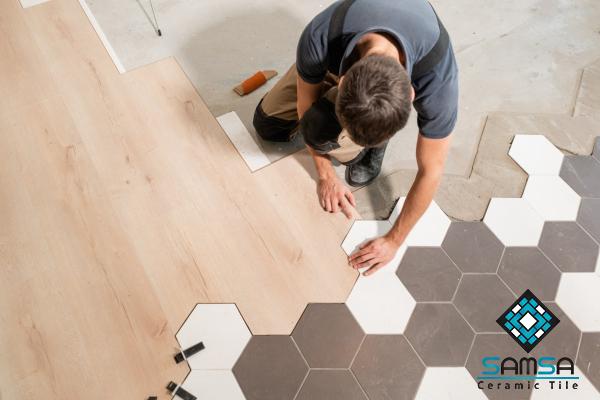

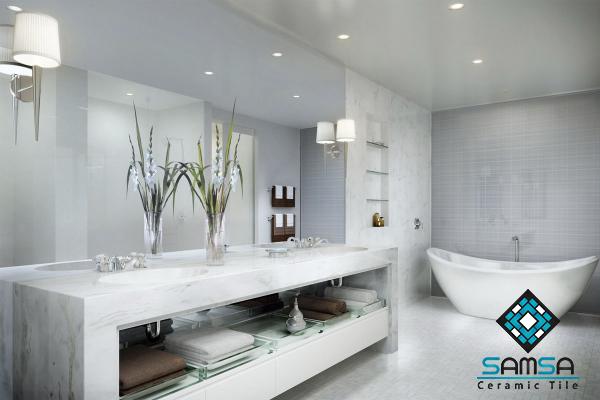
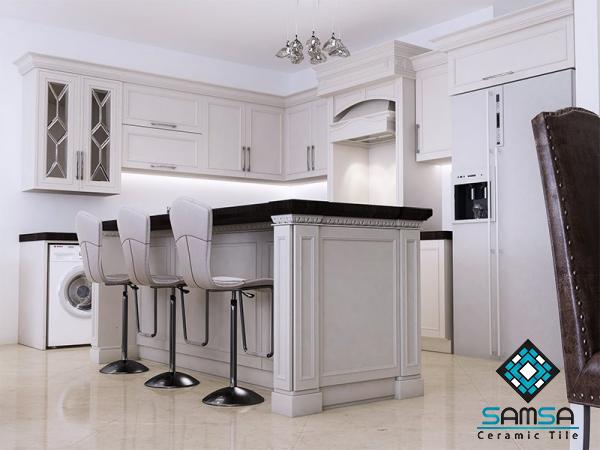

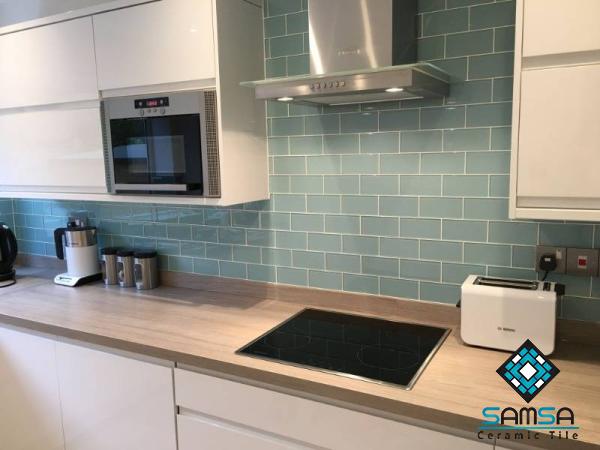

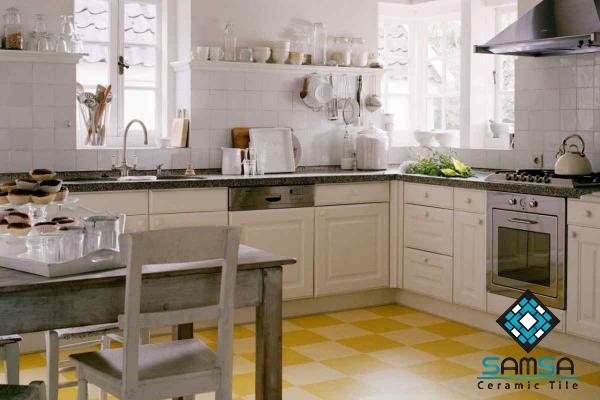
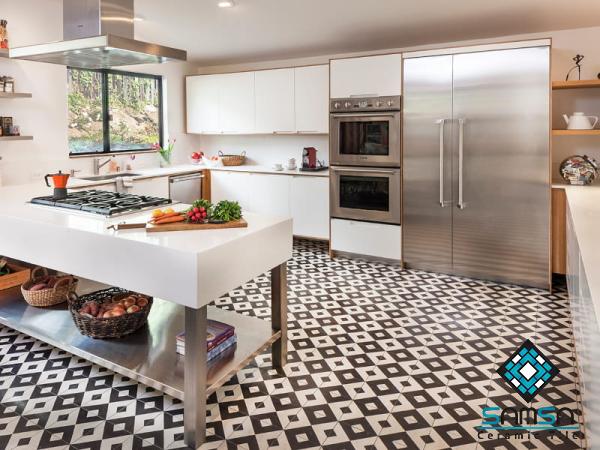
Your comment submitted.